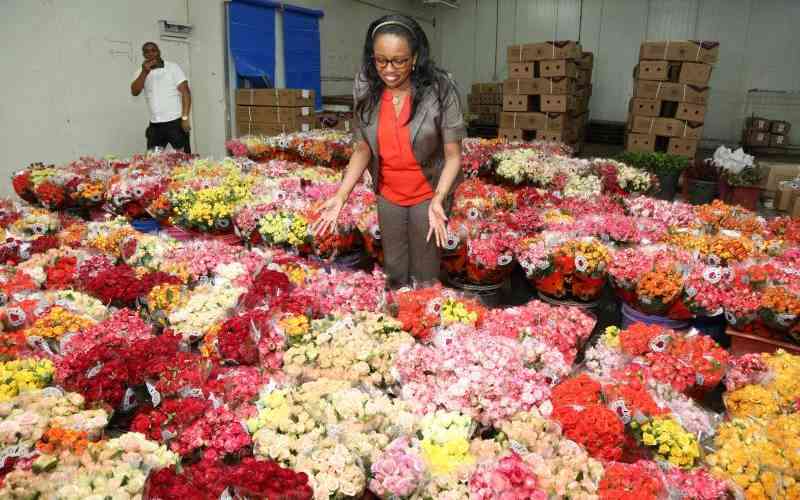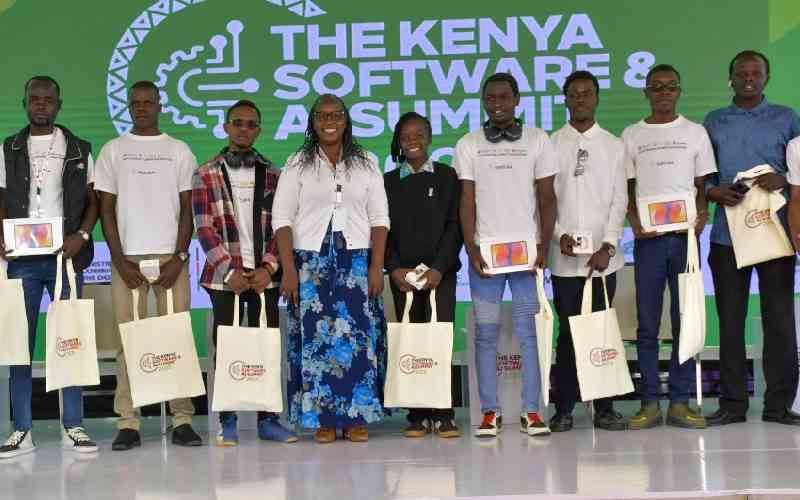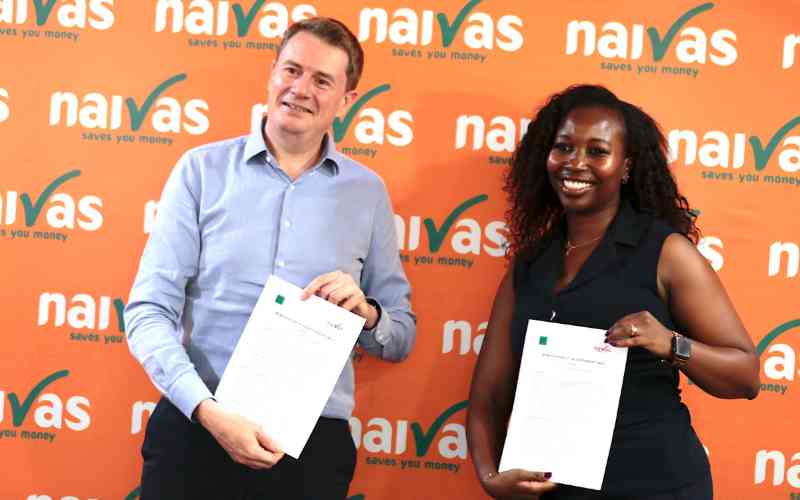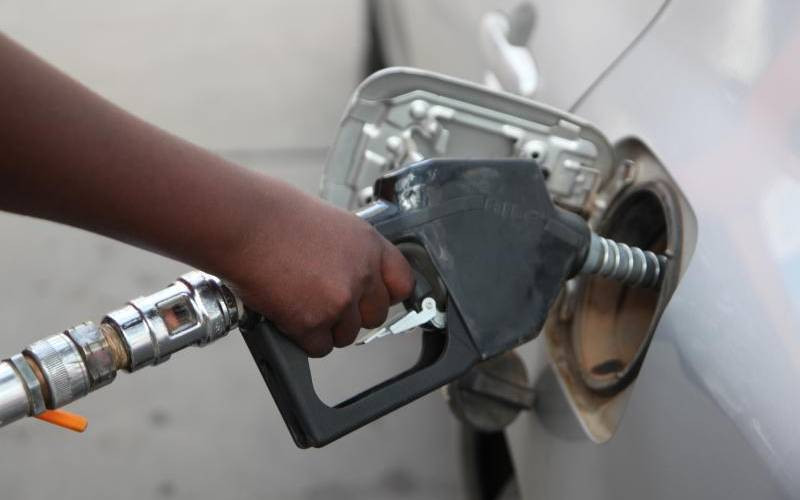
Jeremiah Rogito and Mwandwe Chileshe.
Just after sunrise, long before offices open or policy meetings begin, you will find young Africans already at work in the fields, markets, and improvised tech hubs that power our food systems. Different countries, different landscapes, but the same pulse: young people taking on the reigns to engineer the change they want to see.
This is the Africa that shaped the unified youth agenda now heading into COP30. Not a theoretical Africa, not a statistical one, but a living, breathing continent where young people are already stitching together the resilience that governments and financiers continue to negotiate.
Our case in Belém is direct. Move the youth from the margins to the center of food and climate finance. The stakes are continental and immediate. By 2050 more than 600 million Africans will join the working age population and one in three people aged 15 to 34 on earth will be African. That surge will decide whether food systems create dignity and jobs or feed frustration and flight. Ministers and financiers gathering at COP30 have the chance to back proven youth led models with real money and clear metrics, starting now.
Over the course of 2025, youth from across the continent came together through regional Youth Entrepreneurship for the Future of Food and Agriculture (YEFFA) convenings in Botswana, Rwanda, and The Gambia to build a shared vision for their future. They brought stories of ingenuity and strain, of confronting climate shocks with improvisation and grit, of building businesses in fragmented markets, and of carrying the emotional and economic weight of households where farming remains both a livelihood and a gamble.
What emerged from the convenings was a collective assertion of agency?
And it is this agency that underpins the Unified Youth Statement on Advancing Climate-Resilient Food Systems in Africa, a declaration shaped by realities on the ground and infused with the urgency of a generation that cannot afford another decade of slow reform.
It calls for finance designed for young entrepreneurs, for formal representation in the spaces where food and climate decisions are made, for systems that recognise indigenous knowledge alongside modern tools, for value chains that do not collapse under climate pressure, and for accountability that cannot be softened by rhetoric.
The declaration reflects the practical terrain young people navigate every day. Youth already power agrifood systems worldwide, with 44 percent of working young people earning their livelihoods somewhere along the chain from soils to supermarkets. Yet food insecurity among youth has climbed sharply since the mid-2010s, hitting young Africans hardest. In Sub-Saharan Africa the share of young people not in employment, education or training stood at 21.9 percent in 2023, with young women most affected. That is lost talent and a warning flare for stability.
Skeptics will say youth programs come and go, that agriculture is risky, margins thin and shocks rising. They are not wrong about the risks. But risk falls fast when climate smart inputs, price discovery and aggregation come together with value chain finance. That is what corridor approaches and last mile services are designed to do. When youth run these services, adoption jumps because they move with speed, speak the language of their peers and compete on service.
For AGRA and the multitude of youth voices echoed over the course the year, we insist on bringing these realities to Belém. Because young Africans are already building the solutions we all say we want. Take Tafadzwa Chikwereti of Zimbabwe, whose work at e-Agro uses AI and satellite data to give farmers tailored crop advice and access to credit, transforming how smallholders adapt to unpredictable rains. Or Imungana Malikana in Zambia, whose solar-powered tools at Cranitech help farmers track their yields, irrigate efficiently, and unlock climate-smart finance. Or Fatima El Khou in Morocco, who is creating eco-friendly value chains with solar-powered processing that reduces waste and strengthens rural incomes. They are proving what is possible when youth have the tools and the trust to lead.
Yet their leadership persists in systems that were not built for them. Across Africa, 53 million young people are outside employment, education, or training. Young women remain structurally locked out of land and finance. Too many youth-led enterprises break at the point where ambition meets bureaucracy. And climate shocks are amplifying every inequality young Africans already face. COP30 offers a rare chance to take youth leadership seriously, not as a side event, nor a moral appeal, but as a proven pathway to deliver climate and food security goals that have stalled for years. Africa’s youth arrive in Belém with clarity, unity, and solutions already in motion. What they need now is political will and the financing to match it.
Mr Rogito is a Specialist for Soil Health Climate and Food and Land Use Coalition (FOLU) at AGRA and Mwandwe Chileshe is the Lead for Advocacy and External Engagements at AGRA.







